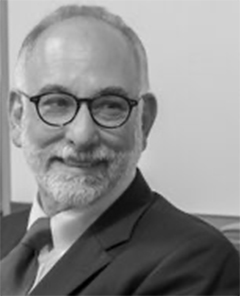NBA History of Science Seminar: Jed Z. Buchwald
Jed Z. Buchwald, “The Newtonian Origins of Experimental Error”
In the mid-1750s the English mathematician Thomas Simpson tried to convince astronomers that it was a good idea to average multiple measurements. He had much work to do, because neither astronomers nor physicists were in the habit of combining multiple measurements to produce a best final value. How then did experimenters and observers work with discrepant data before statistical methods became common at the beginning of the 19th century? We will first tour the worlds of Tycho Brahe, Robert Hooke, René Descartes and Johannes Hevelius to see how they worked with data. And then we turn to the young Isaac Newton, who developed an altogether novel way with measurements, the very way that became ever after the foundation of experimental method, for it was Newton who first decided that bad numbers could be put together to generate good ones.

Jed Z. Buchwald is Doris and Henry Dreyfuss Professor of History at Caltech and one of the world’s foremost historians and philosophers of physics. Before joining Caltech in 2001, he was director of the Institute for the History and Philosophy of Science and Technology at the University of Toronto (until 1992) and then director of the Dibner Institute for the History of Science and Technology and the Bern Dibner Professor of the History of Science at the Massachusetts Institute of Technology.
He studies the development of scientific concepts and the instruments used to create and explore new effects, and has written extensively on the history of physics and in particular on the history of optics and electromagnetism.
This online talk is jointly organized by Videnskabshistorisk Selskab and the Niels Bohr Archive. It takes place online via zoom. If you would like to participate, please fill out this form before Monday, 16 November, at 3 pm CET. You will then receive the link and password for the zoom meeting via email before Tuesday, 17 November, 3 pm CET. If you are a subscriber to the nba-seminar mailing list or a member of Videnskabshistorisk Selskab, the invitations sent around on these lists already contain the zoom link, so there is no need to fill out the form.
